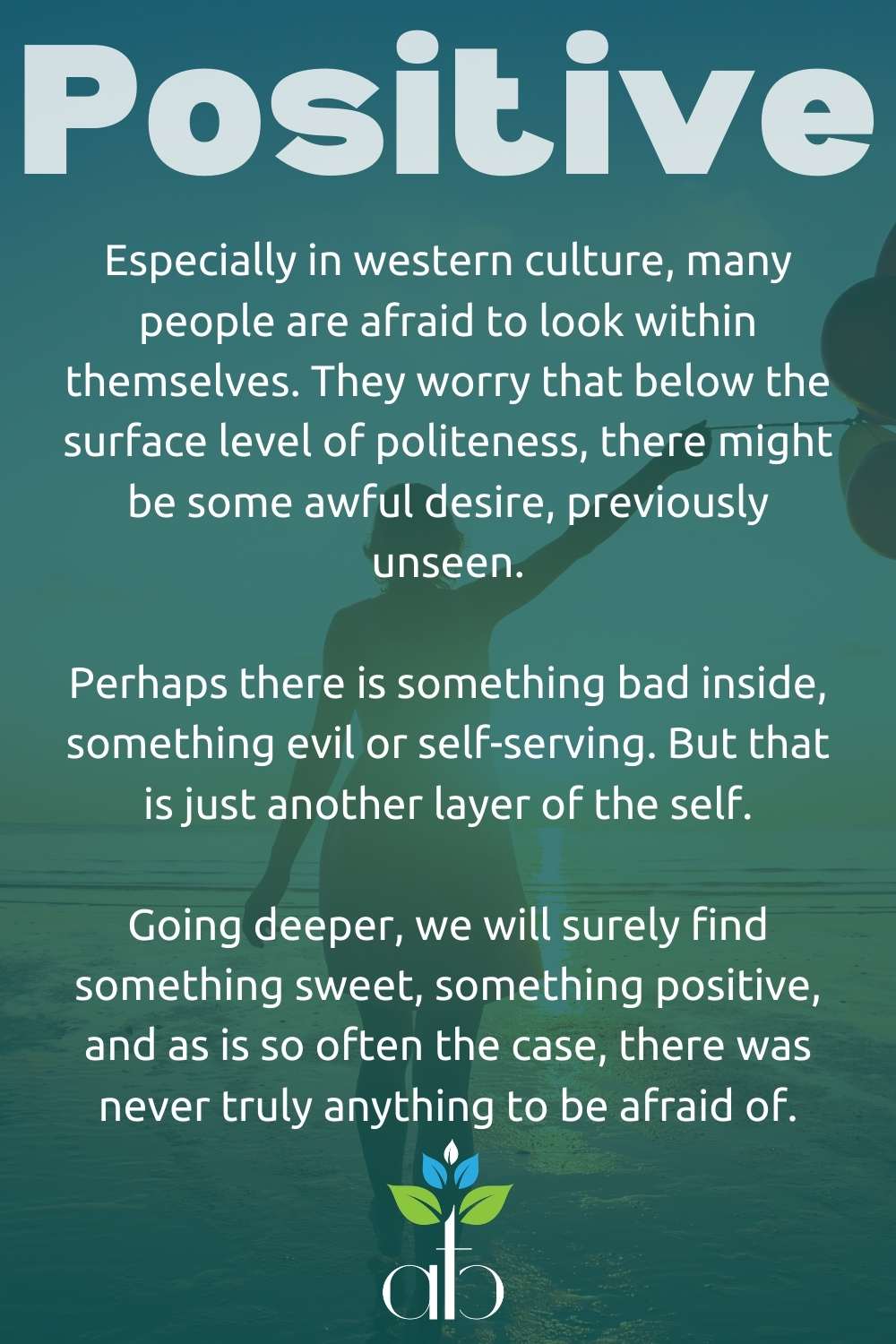Episode 254
That Positive Part of You

This inner nature, as much as we know of it so far, seems not to be intrinsically evil, but rather either neutral or positively “good.” What we call evil behavior appears most often to be a secondary reaction to frustration of this intrinsic nature.
Since this inner nature is good or neutral rather than bad, it is best to bring it out and to encourage it rather than to suppress it. If it is permitted to guide our life, we grow healthy, fruitful, and happy.
If this essential core of the person is denied or suppressed, he gets sick sometimes in obvious ways, sometimes in subtle ways, sometimes immediately, sometimes later.
Hosts & Guests
Kurt Robinson
Transcript
I was just reviewing some of my highlights from Abraham Maslow’s Toward a Psychology of Being which is a fascinating book talking about self actualization. You could buy it on Amazon for 2-3 dollars for a Kindle version which is a fantastic deal if you ask me.
This is one of the highlights I got here, it says:
This inner nature, as much as we know of it so far, seems not to be intrinsically evil, but rather either neutral or positively “good.” What we call evil behavior appears most often to be a secondary reaction to frustration of this intrinsic nature.
Since this inner nature is good or neutral rather than bad, it is best to bring it out and to encourage it rather than to suppress it. If it is permitted to guide our life, we grow healthy, fruitful, and happy.
If this essential core of the person is denied or suppressed, he gets sick sometimes in obvious ways, sometimes in subtle ways, sometimes immediately, sometimes later.
So once again this has to be put in a little bit of historical context because the ideas of Freud who started the movement of psychoanalysis and psychology in general.
The ideas of Freud were something like this, I know this is an oversimplification but humans have this base nature which is aggressive or attempts to fulfill itself or consume the world or something like that.
To keep the human beast into society he has to have layers over that and other aspects of his psychology which will enable him to get along in polite society.
So he has to cover up his beastial nature.
What Maslow, Karl Rogers and other humanists and positive psychologists what they tend to propose is actually strip away the layers and we might find something selfish and ugly under the surface but if we keep going we find something else, something beautiful.
We find this healthy positive nature underneath.
Now Karl Rogers in his book On Becoming a Person he talks about this example the client he calls Mrs. Oak. In one of the dialogues she sees the image of a young child and the parents berating the child for being sad or being proud or something else. And she says “why shouldn’t the child be sad? Why shouldn’t he feel proud? Not in like a boastful way but just in a happy way.
Proud of making a painting or something like that.
Of course Mrs. Oak is making a commentary about herself and her own inner child so to speak. Why shouldn’t we be kind with ourselves and our own emotions and let them come out?
Perhaps there are people out there who still feel afraid who worry at the core of themselves that there might be something they do have to hide.
Because we do have anger and sadness and depression that are things that we try to cover up. What if we do express them in a healthy way? What if we do peel back the layers? What if waiting inside under all of those things there is something really sweet?
Something waiting to be expressed, something everyone can relate to. That special part, that positive healthy inner nature that I suppose, I believe we all share. That positive part of you.

New Episodes Every Weekday
11am Mexico City time
10 min episodes Monday - Thursday
1 h interview episode on Fridays
As an Amazon Associate I earn from qualifying purchases.
Stay Beautiful &
Stay Connected
